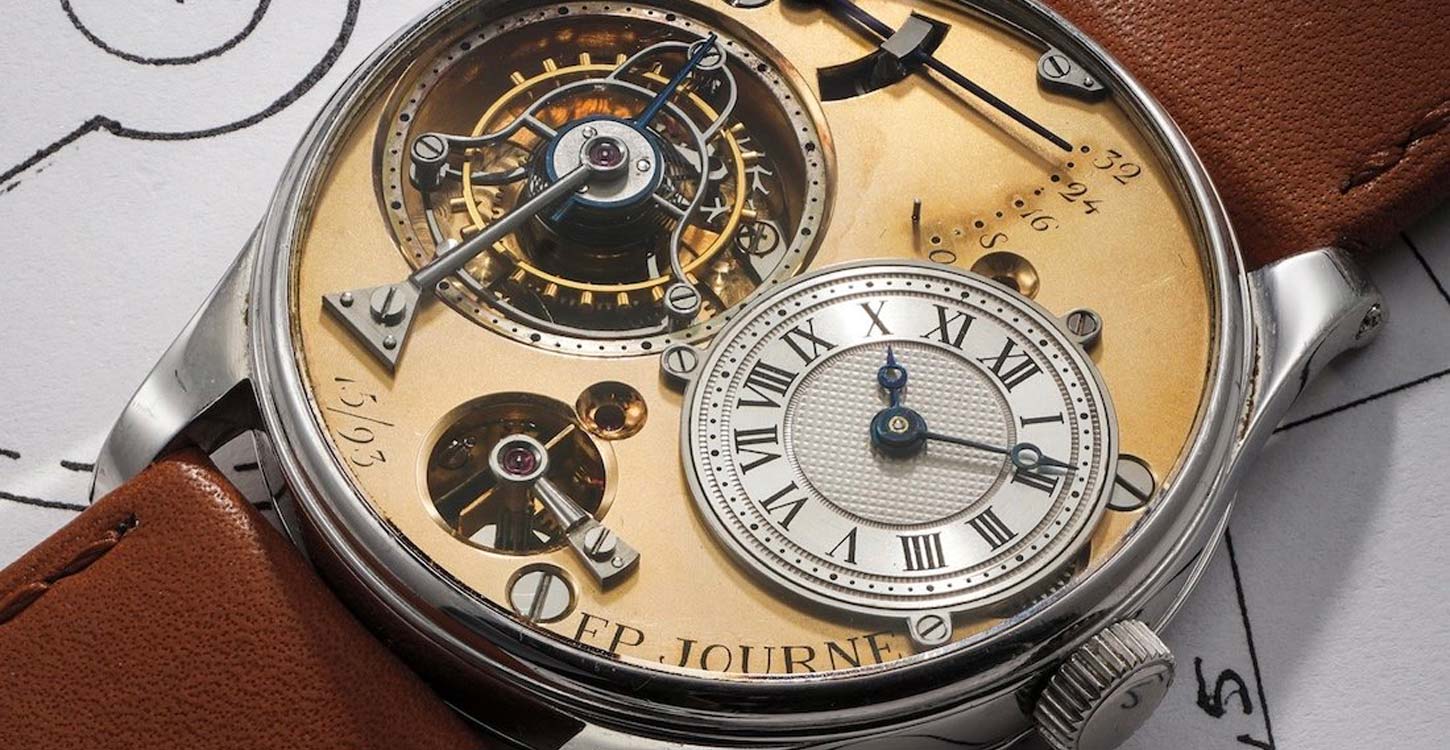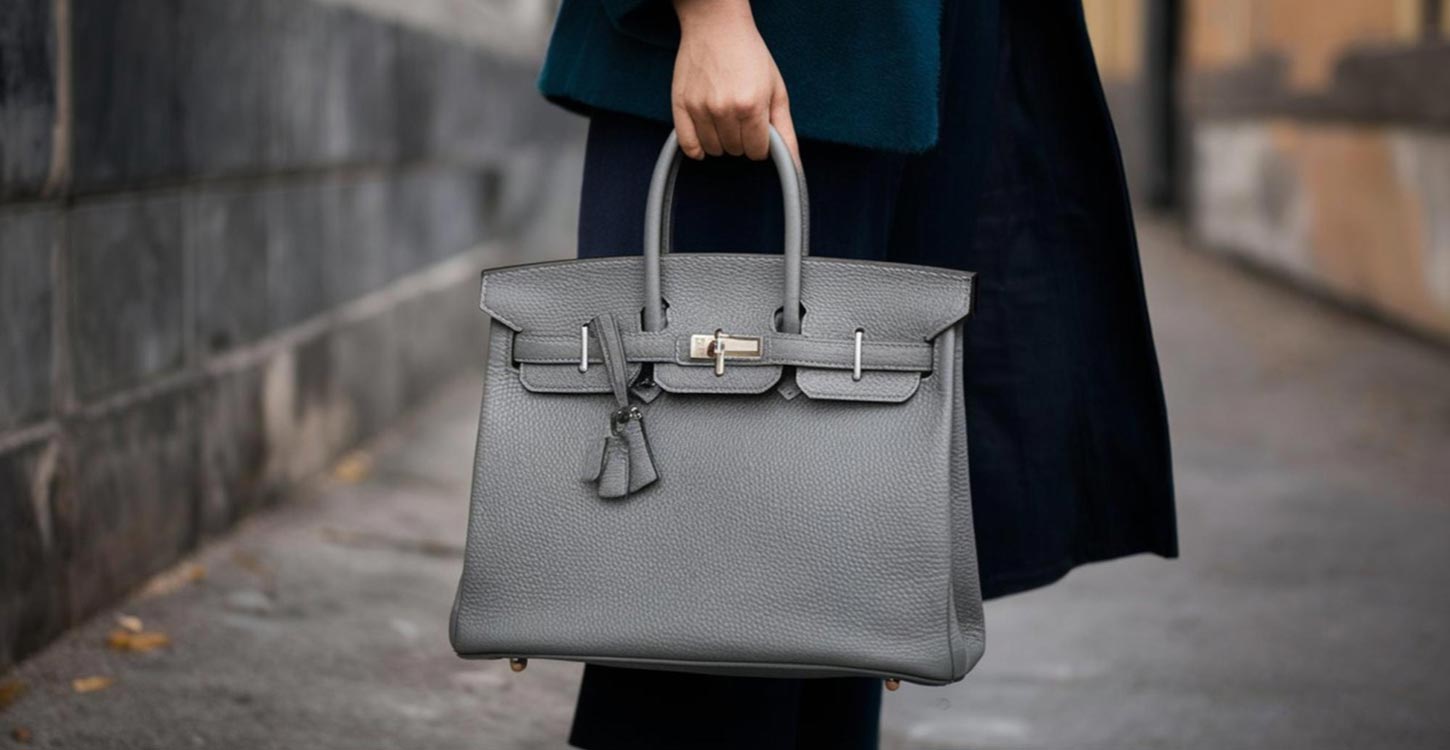Luxury watches are a perennially popular way to both showcase and build wealth, but they should be approached as a serious investment given the sums involved.
Despite the fact that most of us today carry a smartphone, wearing a watch remains popular among both men and women, and not just because of the more tangible, traditional appeal of keeping track of the time this way. For many people, watches are a real status symbol and a subtle way to signal one’s taste and wealth. Watches are therefore a lucrative investment arena which is in many ways a rival to fine jewellery as a way to both enjoy and build your wealth.
However, like all the other classes of collectibles, luxury watches are a highly esoteric area of investing and there are a number of precepts to bear in mind before allocating any significant proportion of your wealth to a piece.
Brand prestige
First, of course, is the cachet of the watch brand. The very best luxury watch brands have rich histories and reputations for truly exceptional craftmanship, but even as we proceed one or two tiers down from the pinnacle of luxury you will still find very well respected (and famous) names which command a hefty price tag.
Opinions vary, but the ultra tier of luxury when it comes to watches is generally thought to include names such as Bovet, F.P. Journe and Louis Moinet, a strata of timepieces where £500,000 price tags are far from unusual for one-of-a-kind and limited run models.
Next, in what we might call ‘high-end luxury’, is where brands like Piaget, Patek Philippe and Jaegar Le Coultre sit. Then there are ‘core’ luxury names such as IWC, Rolex and Cartier, followed by the entry-level luxe brands such as Tudor, Tissot and Tag Heure
Next, in what we might call ‘high-end luxury’, is where brands like Piaget, Patek Philippe and Jaegar Le Coultre sit. Then there are ‘core’ luxury names such as IWC, Rolex and Cartier, followed by the entry-level luxe brands such as Tudor, Tissot and Tag Heure. It may surprise readers to learn that the most rarified brands are ones they may never have heard of, but such is the niche world of watches! From the thousands to the millions of pounds, there is a luxury watch to suit most tastes and investment budgets.
Rarity and limited editions
As with all collectibles, and particularly so for ones that are worn as signifiers of wealth, scarcity fuels desire – and therefore value retention and growth.
Across the tiers, luxury watch brands jostle to create exceptional timepieces and these often fetch huge amounts at auction, particularly if they are distinguished by rare features like a great amount of mechanical ‘complications’ (additional functions like tide-keeping or tracking moon phases) or if the watch is associated with a special event or person. In November 2020, a rare stainless-steel Rolex Daytona, nicknamed the “Paul Newman” Daytona, fetched a staggering $15.5 million at auction while the year before a Patek Philippe Grandmaster Chime Ref. 6300A featuring 20 complications sold for a record-breaking $31 million.
In November 2020, a rare stainless-steel Rolex Daytona, nicknamed the “Paul Newman” Daytona, fetched a staggering $15.5 million at auction while the year before a Patek Philippe Grandmaster Chime Ref. 6300A featuring 20 complications sold for a record-breaking $31 million
These pieces may be beyond the dreams of all but the very wealthiest collectors, but the principle of choosing a special piece will stand all collectors in good stead. It is worth considering product placements or associations which grant a unique provenance too. In 2022, a Rolex Submariner Ref. 6538 “James Bond” watch, previously owned by the stuntman who wore it in several Bond films, sold for $550,000.

Top Tip
Our series on collectible investments has proven to be very popular with users of our matching service and it is easy to see the appeal of these assets when they can deliver so much joy as well as the potential for strong investment returns over the long term. My advice is always to be sensible, however. No matter how much passion these kinds of investments inspire, it is vital not to get carried away and dedicate too much of your wealth to assets subject to the vagaries of changing tastes. A professional wealth adviser will help you to develop a well-defined asset allocation plan which covers your baseline traditional portfolio while also allowing for the fun stuff too. Why not let us arrange some interesting conversations with professional advisers, fast and free?

Lee Goggin
Co-Founder
Changing tastes and market hype
This is perhaps the most difficult element for the amateur watch collector to decipher. It may be easy to see which watches are generating the most ‘hype’ currently (rap music and celebrities being great barometers), but you need to be thinking about what tastes will be in years to come.
Trends can be fickle, so there is a case for not chasing the ‘it watch’ of the moment unless the piece has merits which will stand the test of time. In recent years, vintage Rolex sports models like the Daytona and Submariner have seen a meteoric rise in popularity, leading to significant price increases, but you may wish to consult an expert about where they see trends heading for when you may actually want to sell a piece in the future.
Condition and provenance
Lastly, and crucially, you must be confident of both the good condition and solid provenance of any watch you are eyeing for investment. Value and condition are inextricably linked, particularly given that many watches can only be repaired by highly skilled craftspeople in their original country of origin. Sound provenance, with all the necessary documentation in place from the original owner onwards, not only guards against frauds and fakes, but is also indispensable in proving any interesting links the watch might have to history.
It goes without saying that repairs need to be undertaken by approved workshops and all the paperwork retained. Also think about the storage and insurance you will have in place for your ‘watchrobe’. Regular insurers rarely offer single-item insurance that is sufficient for a serious investment watch, so you would be well advised to consider a private client insurance provider that is adept at customising policies to include luxury collectibles.
Some final pointers
Approach watches as a proper investment.
Investing is not synonymous with speculation, and watches should not be seen as short-term investments. Their value tends to appreciate gradually over years, sometimes decades, making patience and a well-defined investment horizon – which is in line with your broader financial goals – crucial for success.
Also consider diversification, as with all of your investment holdings. If you are planning to allocate a significant amount of your wealth to watches, then think about diversifying amongst different brands and price-points rather than sinking everything into one piece which might not deliver. Spread your investments across different watch brands, models, and eras to mitigate risk and think about investing in a mix of established classics and promising up-and-coming brands.
Do thorough research.
Impulse buys are rarely a good idea when large sums are involved. Consult historical values, market trends and auction sales for comparable pieces, and also consider taking professional advice from reputable watch dealers and auction houses. As with all things wealth management, professional guidance usually pays for itself very convincingly.
Be super wary of fakes.
Important information
The investment strategy and financial planning explanations of this piece are for informational purposes only, may represent only one view, and are not intended in any way as financial or investment advice. Any comment on specific securities should not be interpreted as investment research or advice, solicitation or recommendations to buy or sell a particular security.
We always advise consultation with a professional before making any investment and financial planning decisions.
Always remember that investing involves risk and the value of investments may fall as well as rise. Past performance should not be seen as a guarantee of future returns.




